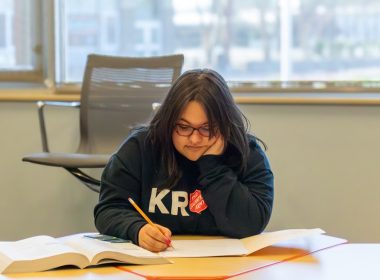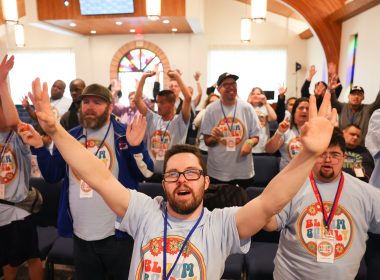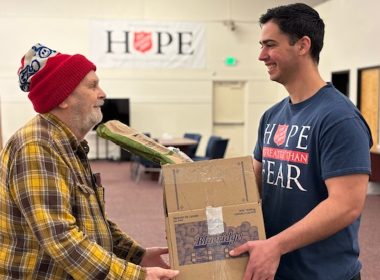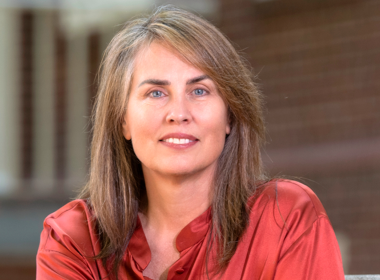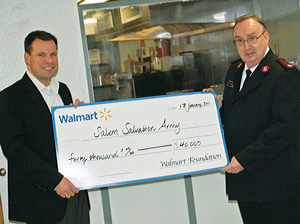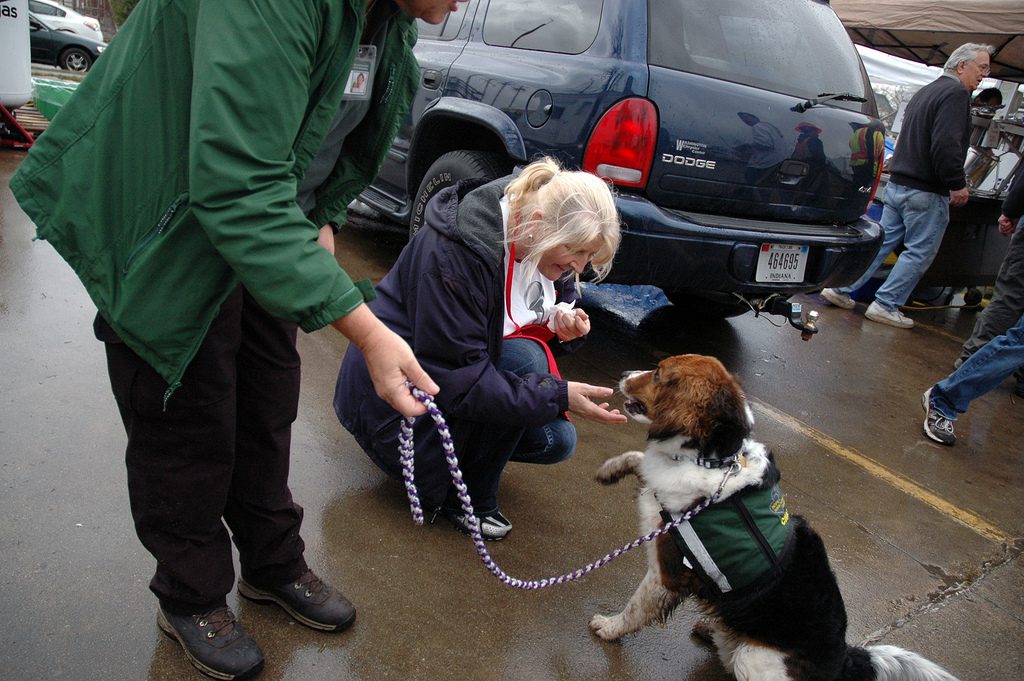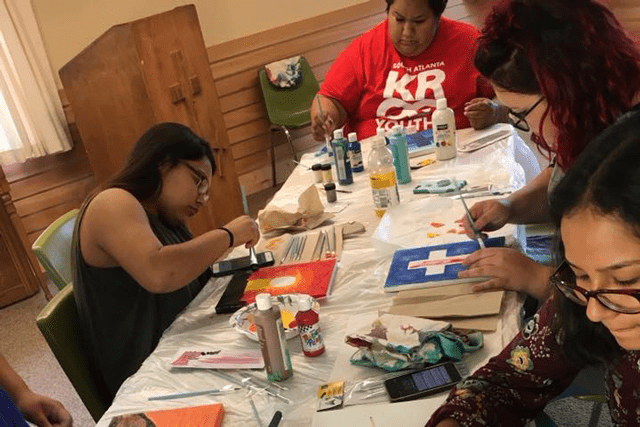An international effort to eradicate poverty
by Christin Davis
In an eight-part series, concluding here, New Frontier explored the United Nations’ eight Millennium Development Goals (MDGs) to eradicate poverty and achieve basic human rights for all people, and detailed Salvation Army work to accomplish the goals.
Goal 1: To eradicate extreme poverty and hunger
Read more about this goal in New Frontier, volume 28, number 3.
Goal 2: Achieve universal primary education
Read more about this goal in New Frontier, volume 28, number 5.
Goal 3: Promote gender equality and empower women
Read more about this goal in New Frontier, volume 28, number 7.
Goal 4: Reduce child mortality
Read more about this goal in New Frontier, volume 28, number 9.
Goal 5: Improve maternal health
Read more about this goal in New Frontier, volume 28, number 12.
Goal 6: Combat AIDS, malaria and other diseases
Read more about this goal in New Frontier, volume 28, number 16.
Goal 7: Ensure environmental sustainability
Read more about this goal in New Frontier, volume 28, number 19.
Goal 8: A global partnership for development
The Salvation Army’s Sally Ann Fair Trade is transforming the lives of poor producers in the developing world by enabling them to use skills and resources to build sustainable livelihoods for their families and communities.
Fair trade has to work within the complex system of international trade while ensuring a fair wage for producers to cover the product cost and make a reasonable profit.
The international fair trade movement has developed a fair price system for commodities in the world market, such as coffee and cocoa. If the product is recognized as fair trade, its packaging will bear the fair trade mark.
Fair trade can also include advance payments so producers can buy raw materials, pay wages and rent premises up front. Moneylenders often charge extortionist levels of interest, but The Salvation Army currently provides advances with no interest.
The Army offers Sally Ann suppliers, via International Headquarters, design advice and market information. Appropriate advice can help producers in the developing world make viable products to sell in Western markets. The goal is to always make fair trade items of good quality, and when possible better than the comparable goods on the market.
See more about the MDGs in the past parts of this New Frontier series and at endpoverty2015.org. Look for an article about a Salvation Army direct trade coffee project with Vietnam in the Caring spring 2011 issue.

